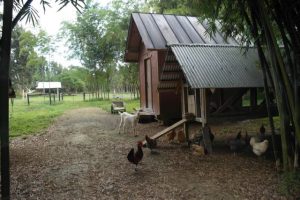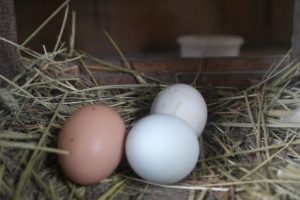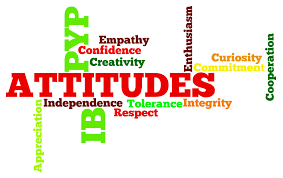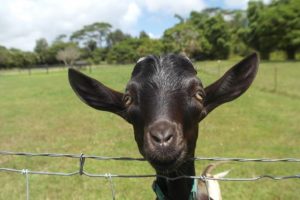From Farm to Table- Food Justice.
My community field experience with UBC is taking place on an organic tea farm in Kauai, Hawaii. The farm equally serves as an organic egg, goats milk and bamboo producing farm; built from hard work and dedication. The process of gardening and farming ethically has created the purest, while happiest, soil and animals.
The farm is owned and operated by a motivated family who have built everything from the ground up. They bought property in Kauai and cleared the land with a vision: to provide and grow quality tea. As the farm expanded, their love for goats and chickens was added. They are working steadily each day to feed, care and grow this vision as it expands into new directions.
Arriving from the city and a busy lifestyle in Vancouver, I easily experienced a contrast of living lifestyles between an urban and rural setting. While on the farm, I have been working hard each day to cut crops, weed, feed livestock, and take care of the farm. This includes working around weather conditions, such as plentiful Kauai rain, and making the most out of time available. My appreciation for the land and nature is heightened by all the care and respect I am continuously putting out and taking in.
As an IB educator, I am reminded of the PYP IB Attitudes and Learner Profiles. Each one can specifically relate to the efforts and experiences from working on a farm. From morning to dusk, these attitudes are absolutely needed in every task.
Learning more about the efforts involved to maintain a farm and the work needed to be done forces you think about the final product: from farm to table and how food arrives to your plate! This would be a great lesson to unfold with students and inquire further into how personal choices impact our environment. Earlier this year I attended a Food Justice workshop with Check Your Head in Vancouver at the UBC Botanical Gardens. The workshops learning outcomes were complimentary to this sort of inquiry on personal choices and the environment. A plethora of inquires could unfold looking at the idea of Food Justice. This would be a purposeful and interesting inquiry for students. Examining the origin, or source of our food, is often missed so learning how the global food systems impact the environment, our health , and the quality of life is crucial for everyone to experience.
Only have spent a few days living in a rural setting, I can see so many benefits and learning experiences to bring into a classroom. A few include:
- hands-on learning experience,
- appreciation for nature,
- promotes healthy living,
- sensory learning,
- and problem solving skills are seriously practiced.
Stay tuned for more !





